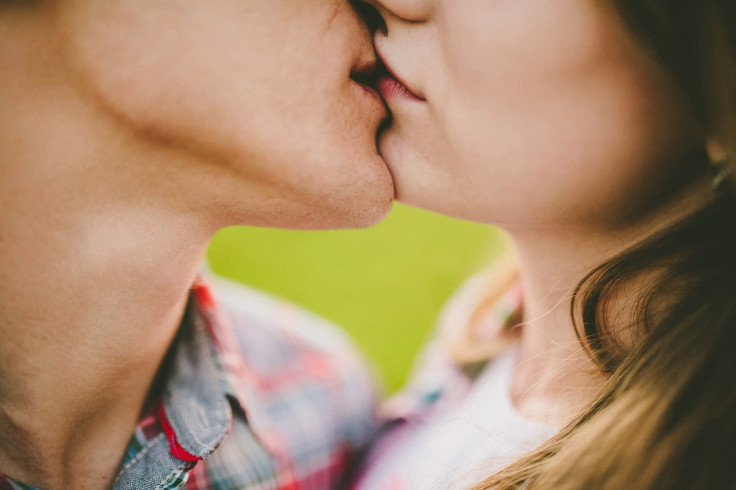Kissing Is Considered 'Gross' By Half The World: The Pros And Cons Of Making Out

From your first kiss at 16 to affectionate pecks in your 80s, smooching is a pretty big part of our humanity, relationships, and culture. Strangely enough, however, kissing isn’t a universal form of affection and sexual expression; in fact, in many parts of the world, it’s considered gross.
That’s the conclusion of a new study published in American Anthropologist, led by researchers at the University of Nevada and Indiana University, who studied 168 cultures over one year. The authors found that romantic or sexual kissing occurred only in 77 societies — about 46 percent — but that it didn’t occur in over half of the cultures studied, 91 total.
“Despite frequent depiction in a wide range of art, literature, and media, there is no consensus concerning whether or not romantic-sexual kissing… is human universal,” the authors write.
In the Middle East, kissing was considered a common part of expressing love and affection; but only 70 percent of Europeans said so, and 55 percent of North Americans agreed. The act of kissing was not the norm at all in Sub-Saharan Africa, New Guinea, or among Amazonian tribes, the researchers found. In fact, “no ethnographer working” in these areas “witnessed any occasion in which their study population engaged in a romantic-sexual kiss,” the researchers wrote.
“It’s a reminder that behaviors that seem so normative often do not occur in the rest of the world,” Justin Garcia, co-author of the study, told The Washington Post. “Not only that, but they might be viewed as strange. It’s a reminder of romantic and sexual diversity around the world. It shows how human biology interacts with different cultures to explain various behaviors humans engage in.”
Why is kissing pleasant to certain cultures, but considered disgusting to others? From a medical standpoint, when you’re swapping saliva, you’re also exchanging your oral microbiome with your partner, and taking in theirs. One recent study found that kissing leads to a transfer of some 80 million bacteria between two people. This sounds pretty nasty and makes kissing seem like a vehicle for disease (which it can be) — so fear of being exposed to bad bugs can make this intimate practice seem repulsive. But the authors of the same study found that exchanging oral microbiota can actually benefit the immune system by exposing it to bacteria it may not normally be exposed to, so kissing can actually have protective features, too.
On that note, while sexually transmitted diseases can often only be passed along through genitalia and non-saliva bodily fluids, a recent study found that human papillomavirus (HPV) has the potential to be spread through mouth-to-mouth contact — especially among people who smoke.
But the benefits might outweigh the cons. Kissing can boost the production of happy hormones such as serotonin, dopamine, and oxytocin — all of which improve your mood and sense of well-being. Kissing can even burn calories and reduce headaches, and offer a boost to your immune system. So when it comes to snogging, to each his own, of course. But while the suction noises and exchange of saliva may seem gross, they can also benefit your health.
Source: Jankowiak W, Volsche S, Garcia J. Is the Romantic-Sexual Kiss a Near Human Universal? American Anthropologist. 2015.
Published by Medicaldaily.com



























